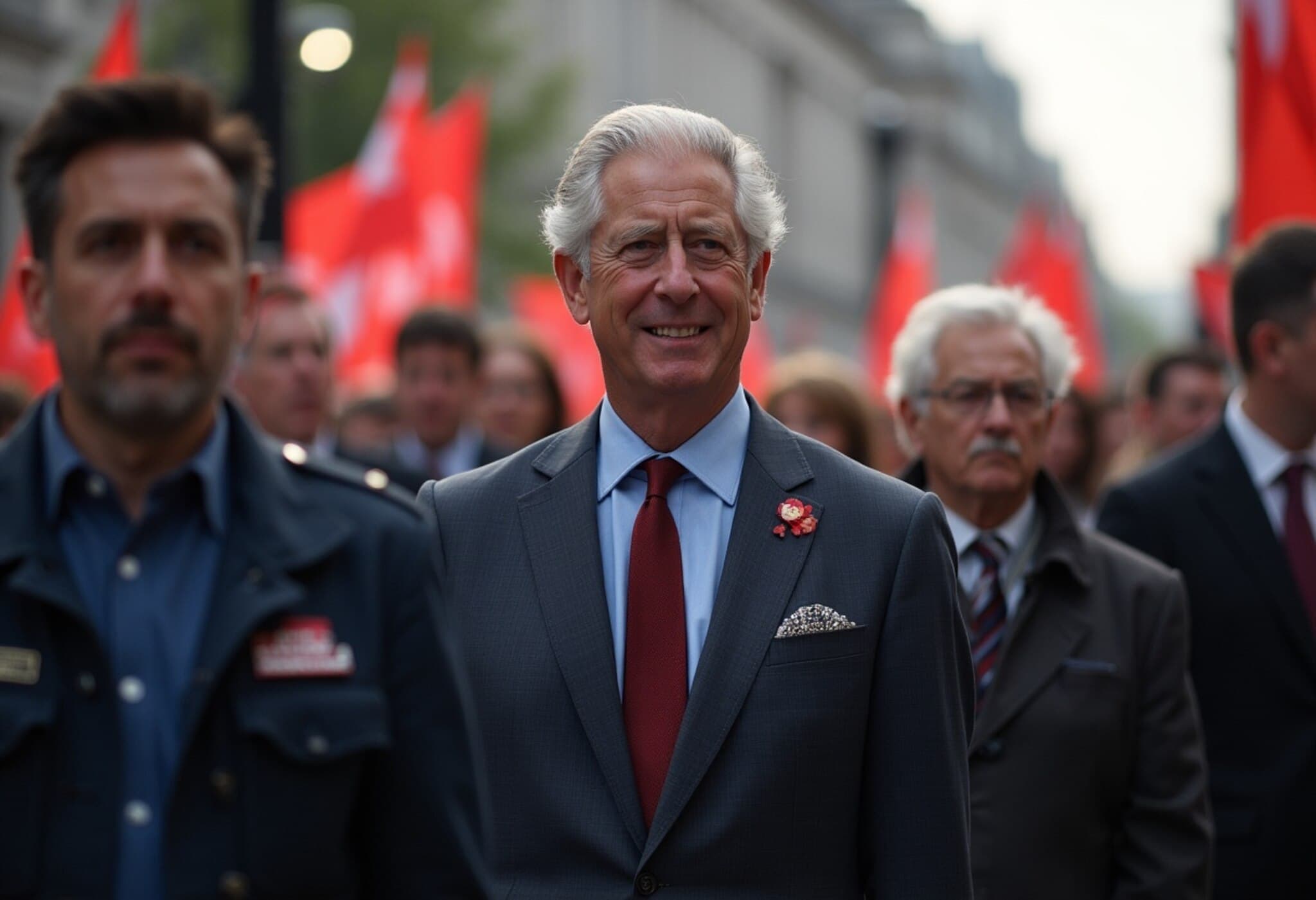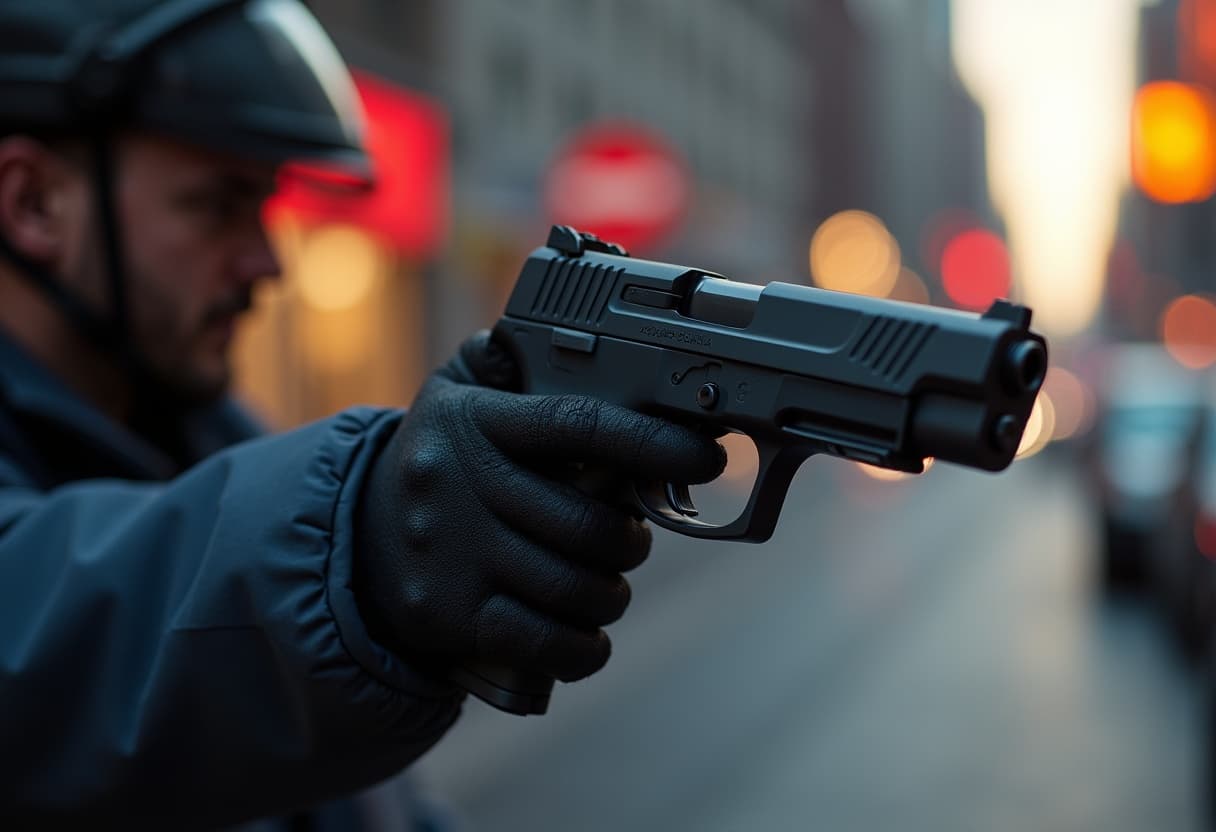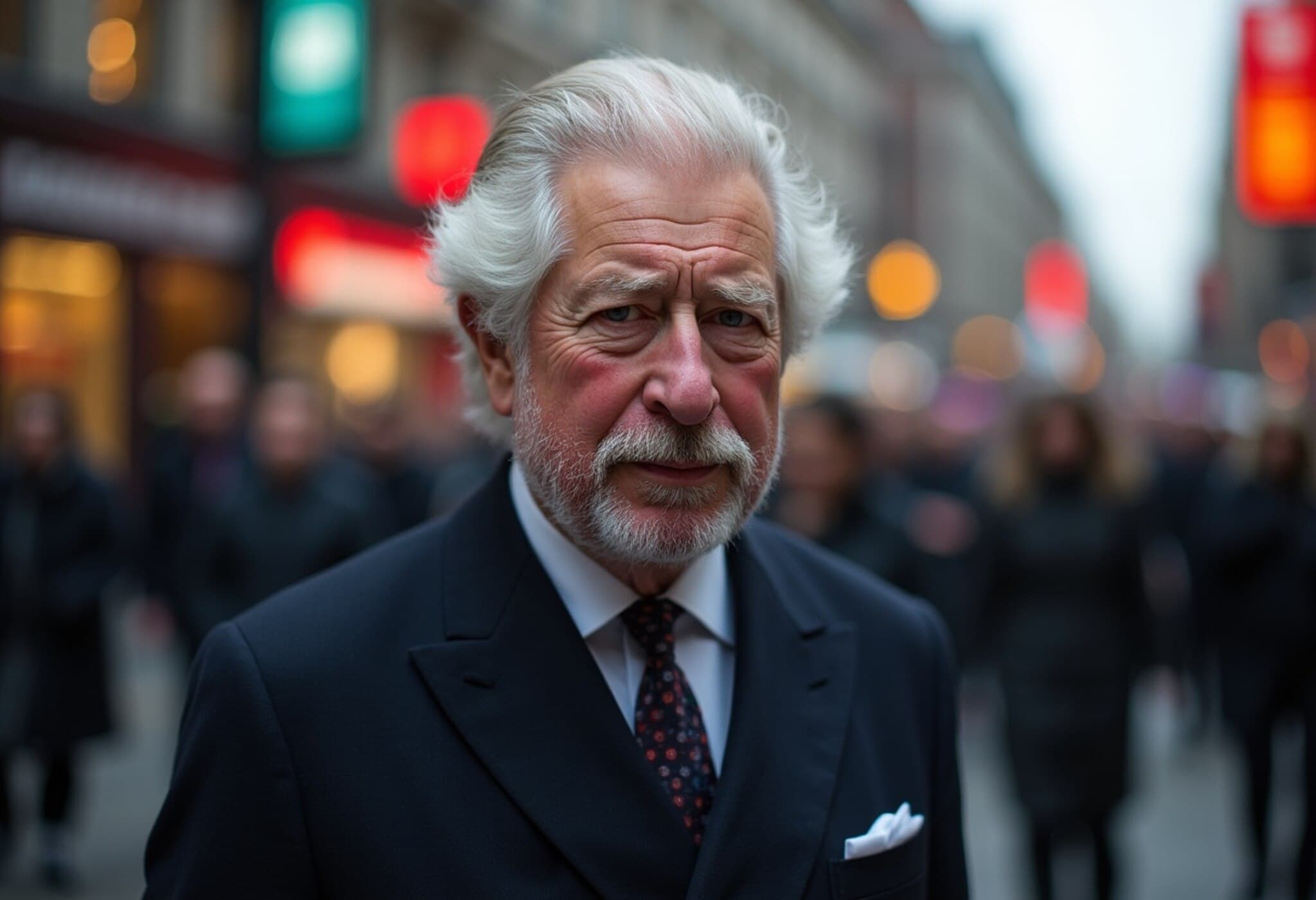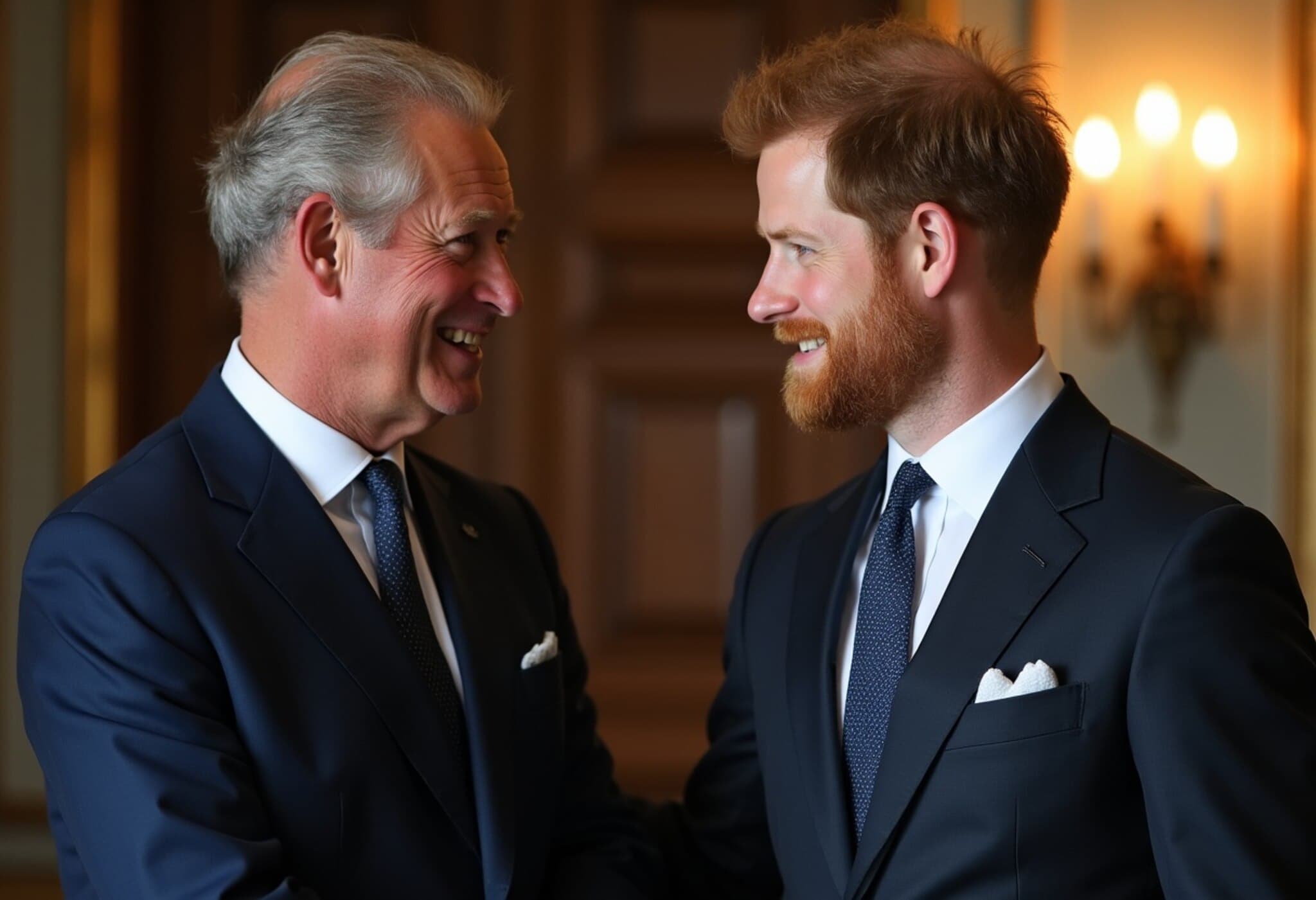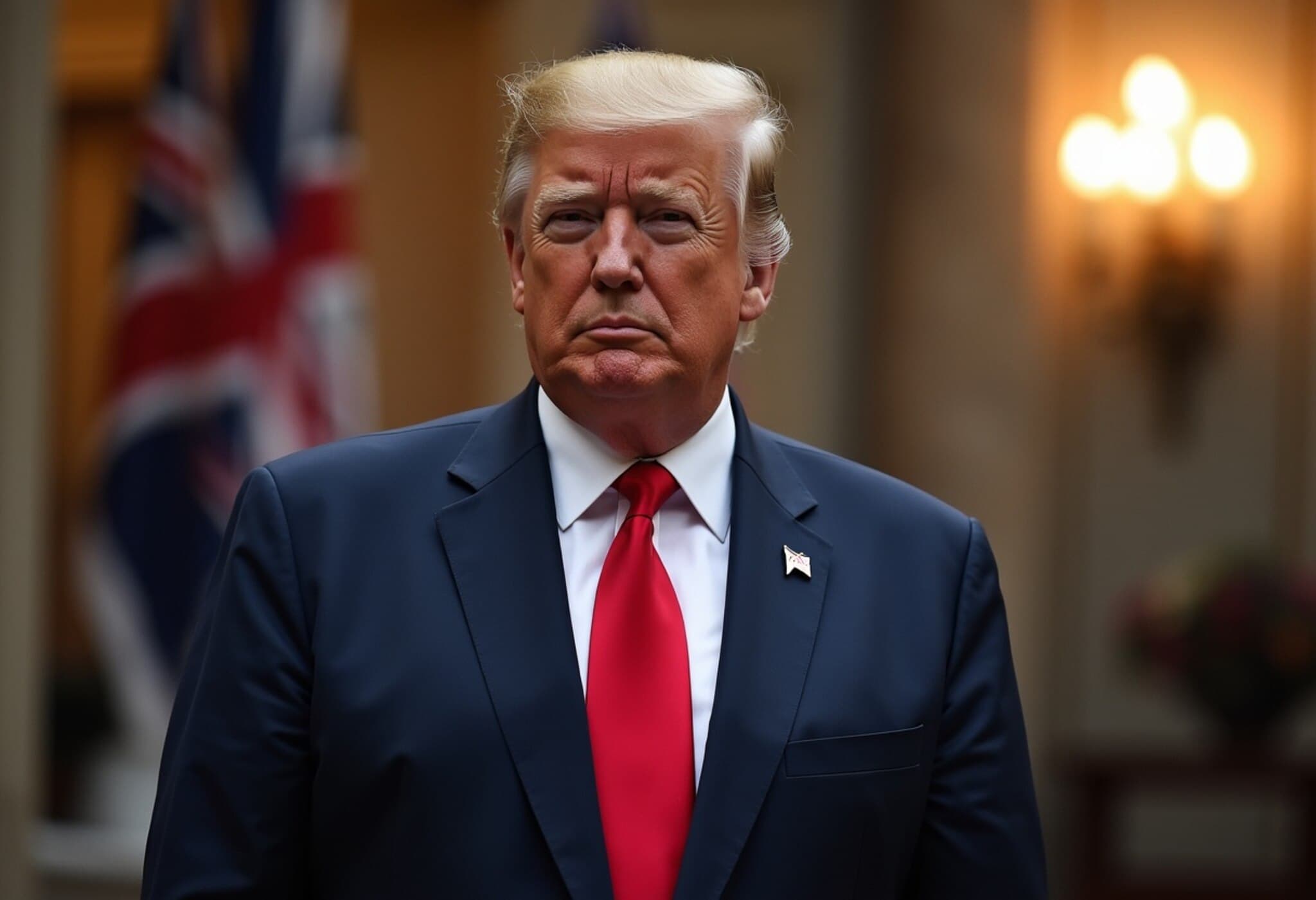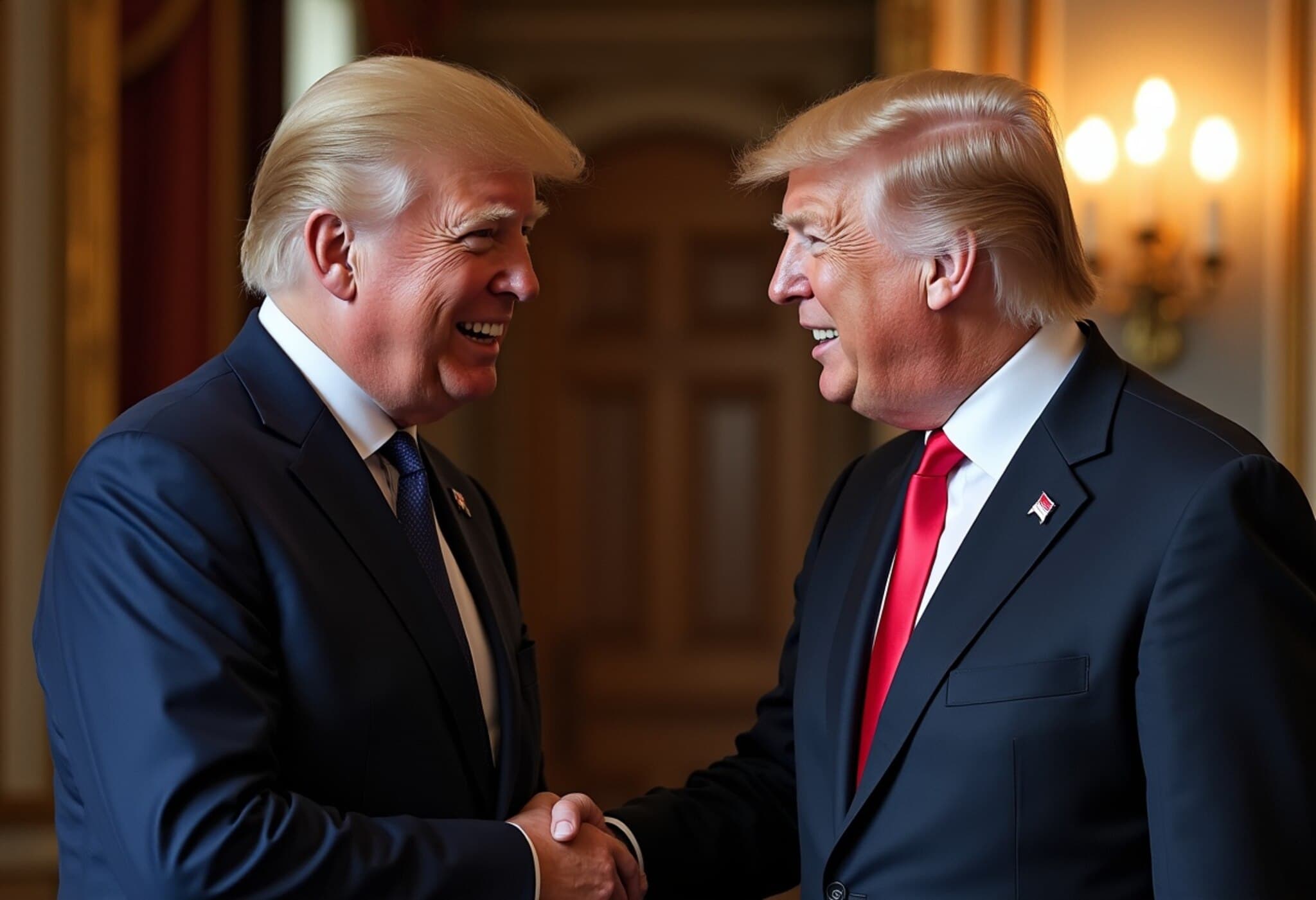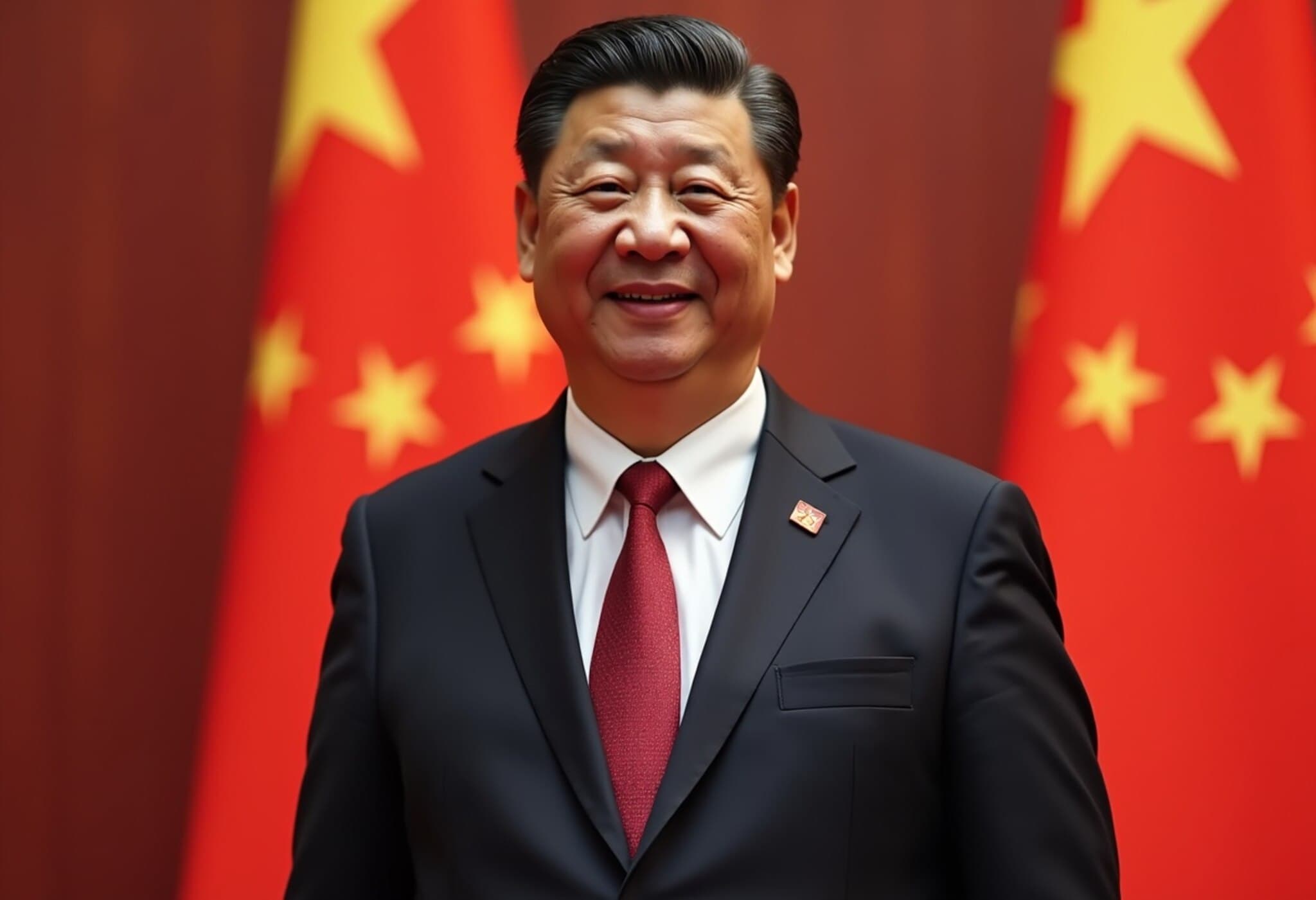King Charles III Champions Unity at 20th Anniversary of 7/7 London Bombings
On July 7, 2025, Britain solemnly marked two decades since the devastating 7/7 terrorist attacks rocked London. The city paused in reflection as King Charles III joined senior royals, political leaders, survivors, and families of victims to honor the memory of the 52 innocent lives lost in 2005.
Remembering a Day of Darkness and Courage
King Charles, 76, delivered a poignant message underscoring the “countless stories of extraordinary courage and compassion” that emerged amid the tragedy. “We remember with profound sadness the 52 innocent people who were killed in senseless acts of evil,” he said, highlighting how the community’s resilience helped London heal.
“While the horrors will never be forgotten, we may take comfort from the way such events rally communities together in solidarity, solace and determination. It is this spirit of unity that has helped London, and our nation, to heal.”
Political Leaders Unite in Tribute
Prime Minister Keir Starmer and London Mayor Sadiq Khan led official wreath-laying ceremonies at the 7/7 Memorial Garden in Hyde Park. Starmer’s tribute read simply: “We grieve and we remember.”
At St. Paul’s Cathedral, the central service of commemoration took place with Prince Edward representing the King. Reflecting on the day’s horror, Starmer emphasized: “Those who tried to divide us failed. We stood together then, and we stand together now — against hate and for the values that define us of freedom, democracy and the rule of law.”
Courage, Compassion, and Continued Resolve
Home Secretary Yvette Cooper called the attack an “appalling attack on our capital city and on democracy itself” but praised the emergency services and Londoners whose bravery shone through the chaos. “Their courage continues to inspire us,” she said.
Mayor Khan reiterated London’s unyielding spirit: “Two decades on, as we unite for a day of commemoration, I have a clear message for those who seek to spread division and sow hatred: you will never win.” He added, “We will always choose hope over fear, and unity over division.”
Revisiting the Timeline of Terror
The coordinated attacks unfolded within an hour on the morning of July 7, 2005. Four suicide bombers — influenced by Islamist terrorist ideology linked to Al Qaeda — simultaneously targeted the London Underground and a double-decker bus during rush hour:
- Shehzad Tanweer detonated his bomb at Aldgate;
- Mohammad Sidique Khan at Edgware Road;
- Germaine Lindsay between King’s Cross and Russell Square;
- and Hasib Hussain on the Number 30 bus at Tavistock Square.
The attackers had gathered at Luton railway station before proceeding to central London, orchestrating one of the deadliest terror attacks on UK soil.
Commemorations Across London
Throughout the day, moments of silence and floral tributes were observed at the bombing sites, underscoring the city’s resilience and reverence for those impacted. These acts of remembrance are not only about honoring the victims but also reaffirming London's ongoing commitment to solidarity, diversity, and rule of law against the scourge of terrorism.
Expert Perspective: A Continuing Battle Against Terrorism
As noted by counterterrorism experts, the 7/7 bombings illustrated how radicalization and the threat from homegrown extremist networks could deeply scar a global city. The anniversary serves as a somber reminder of the imperative for vigilant intelligence, community engagement, and policies that address the root causes of violent extremism.
Moreover, the attacks prompted significant changes in Britain’s security framework, from enhanced surveillance measures to increased funding for emergency response capabilities—all critical developments in the ongoing effort to protect urban spaces.
Reflecting on Underreported Stories
While the official commemorations focus on victims and heroic responders, less spotlight has been given to the long-term trauma faced by survivors and first responders, many of whom endure psychological scars decades later. Mental health support and community healing initiatives remain crucial but often underfunded components of the post-terror recovery narrative.
Looking Ahead: Unity as the Best Defense
Twenty years after that dark July morning, London exemplifies the power of unity in the face of hate. The continued dedication of leaders, communities, and citizens to uphold the city’s values of freedom and inclusion stands as the strongest bulwark against division and terror.

